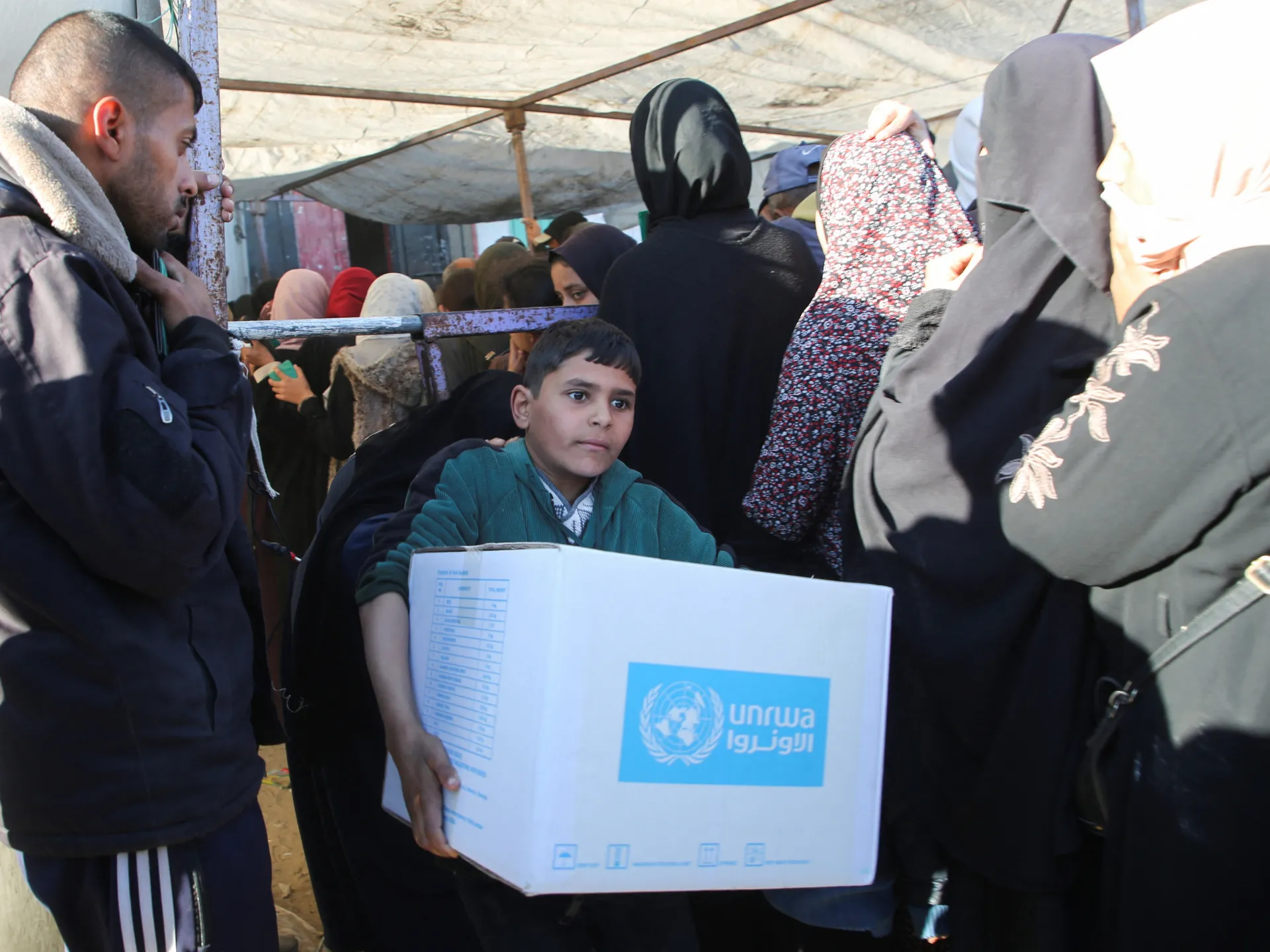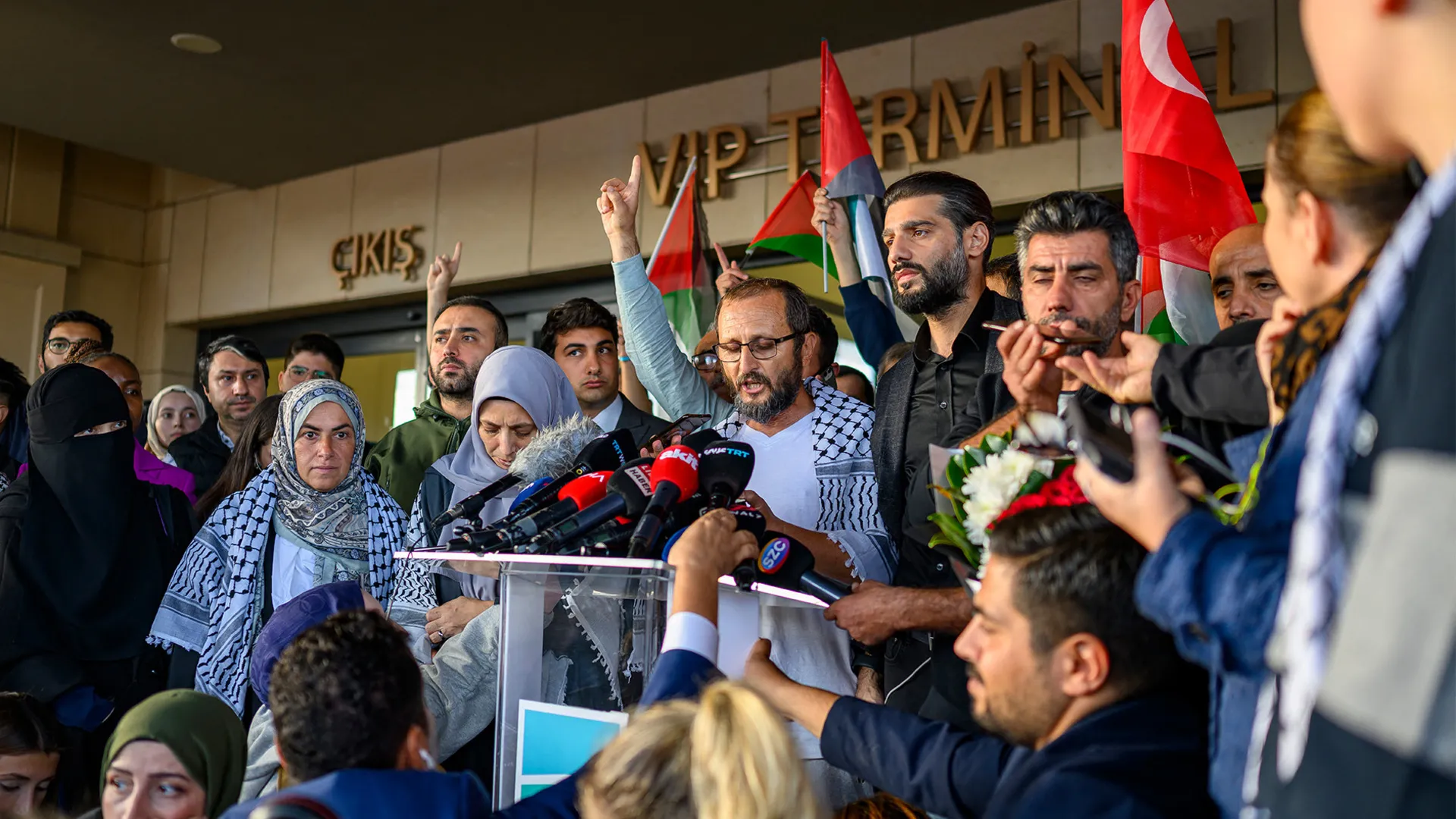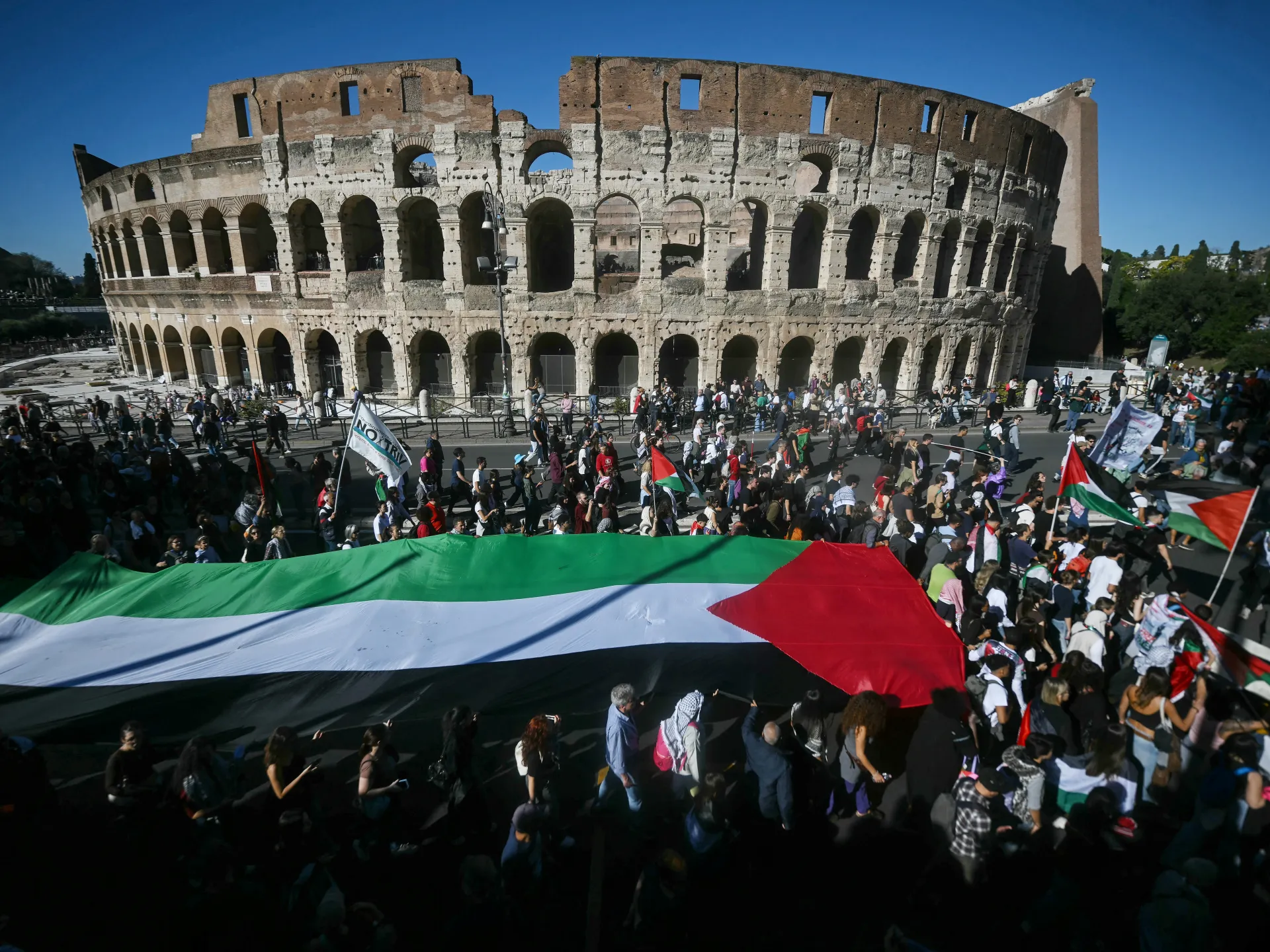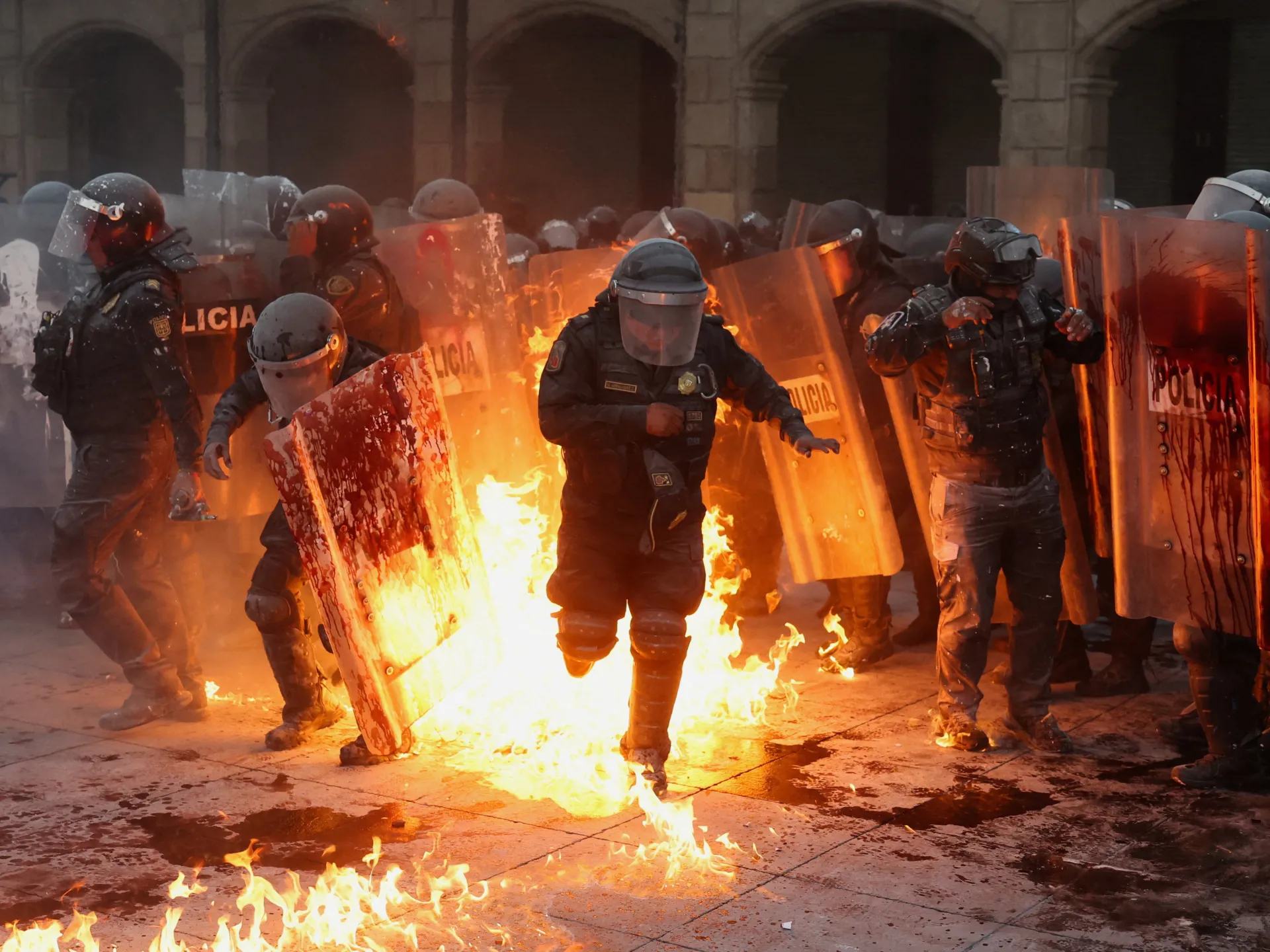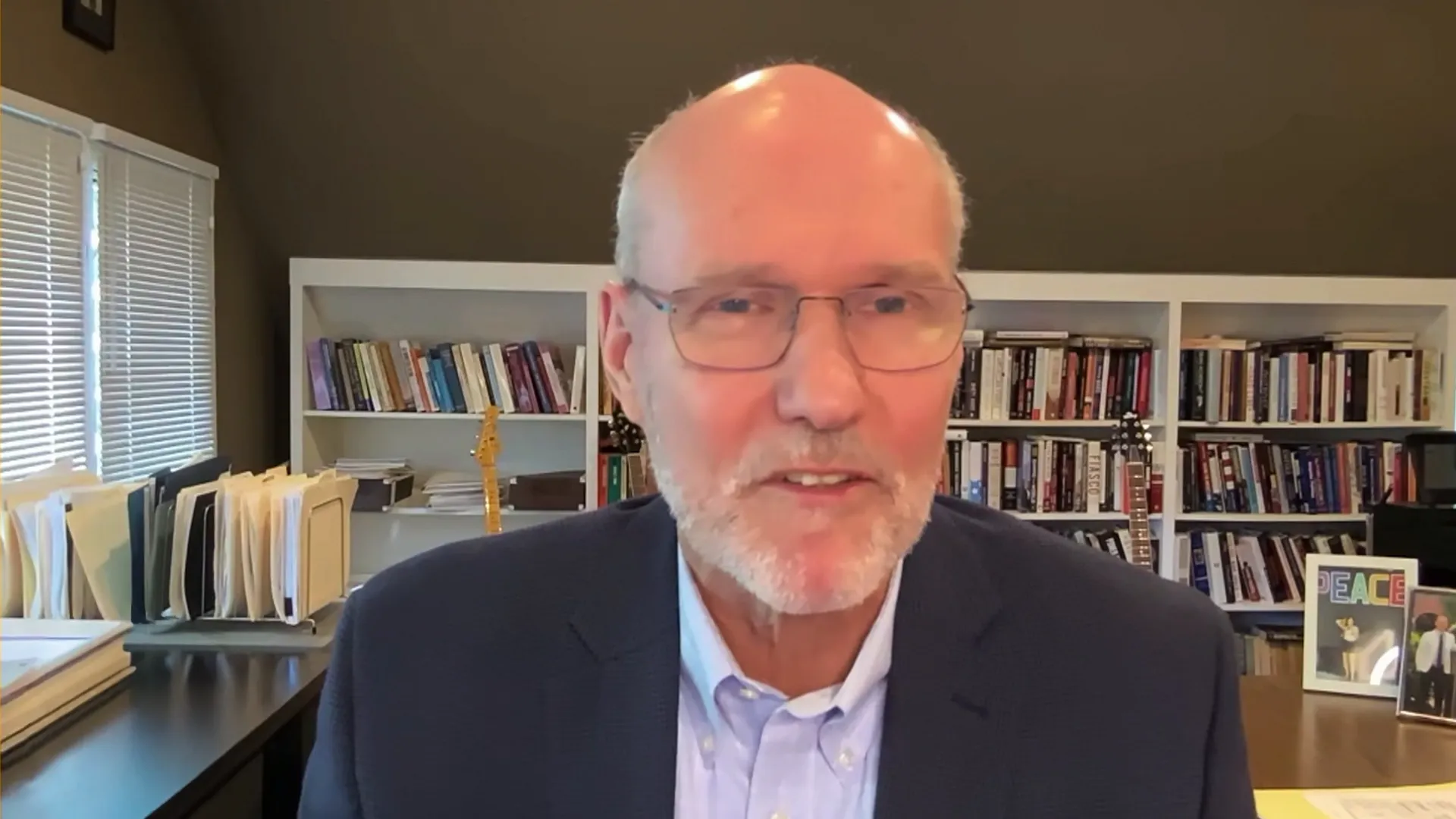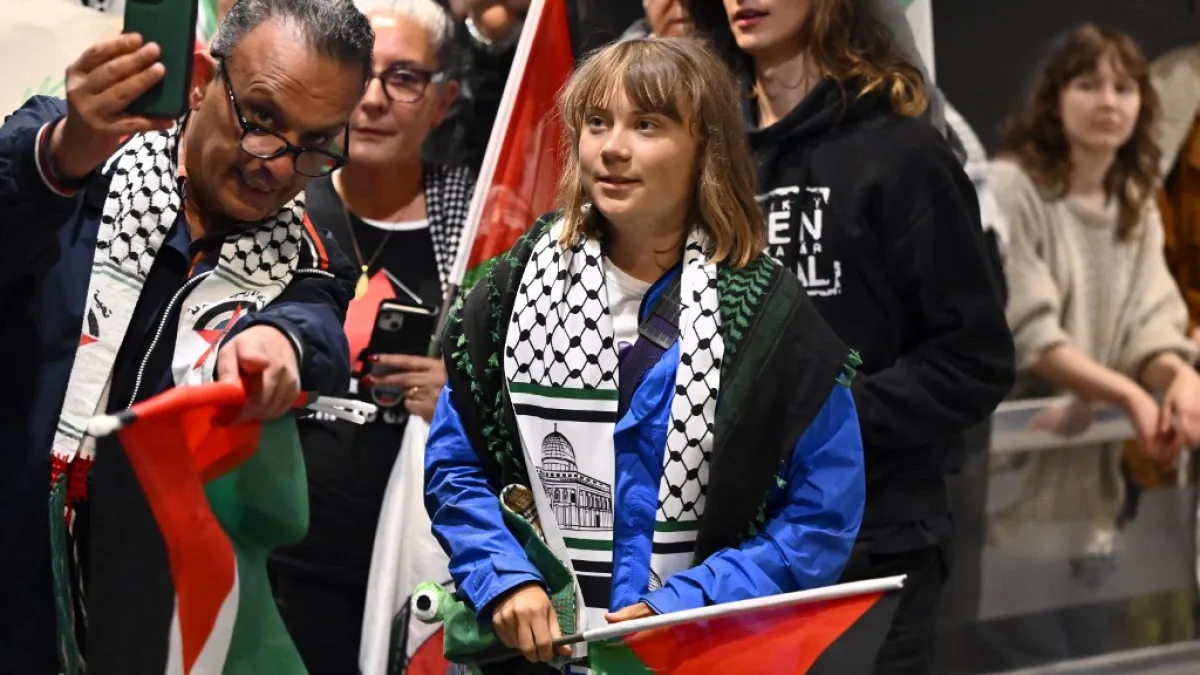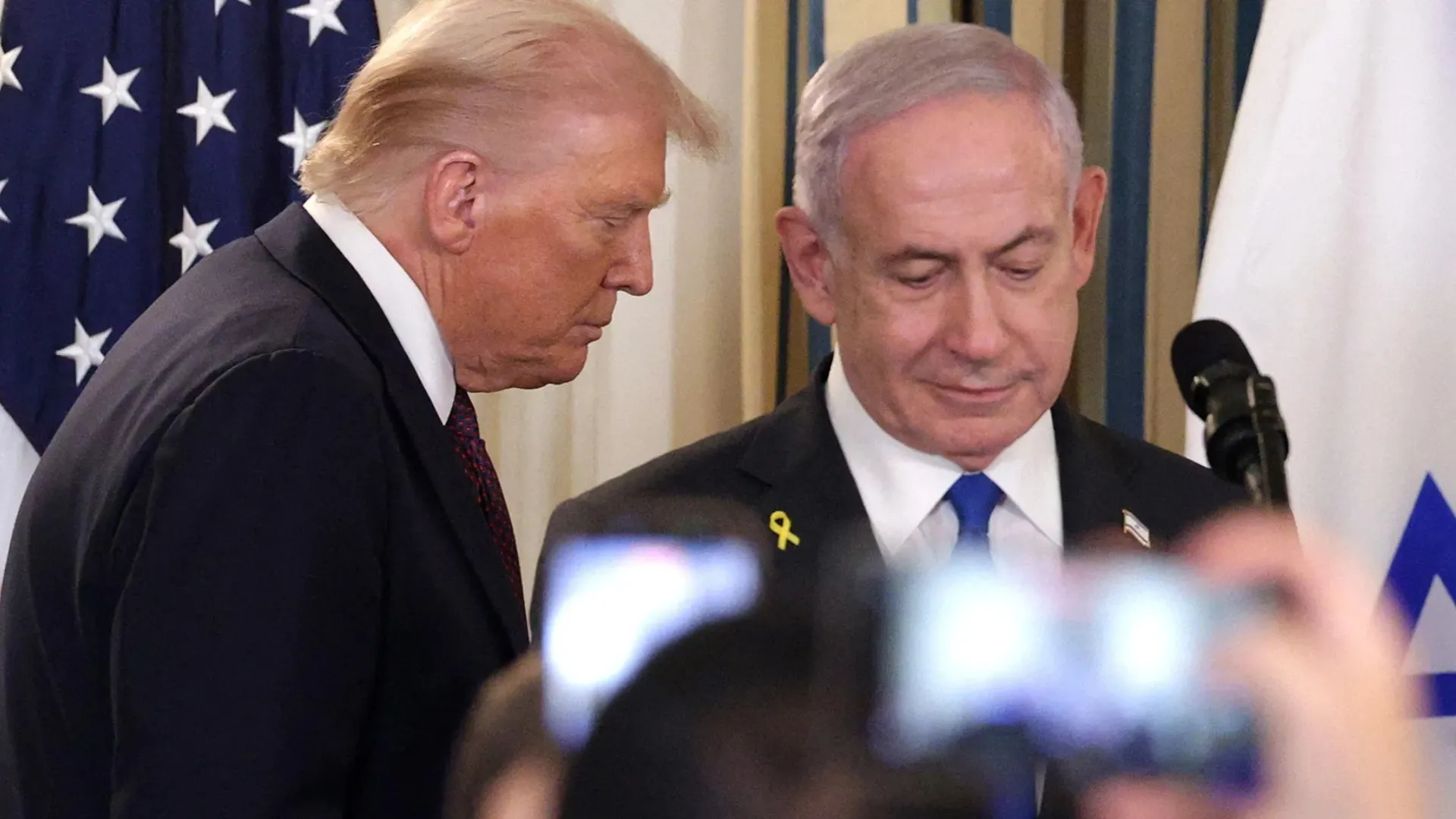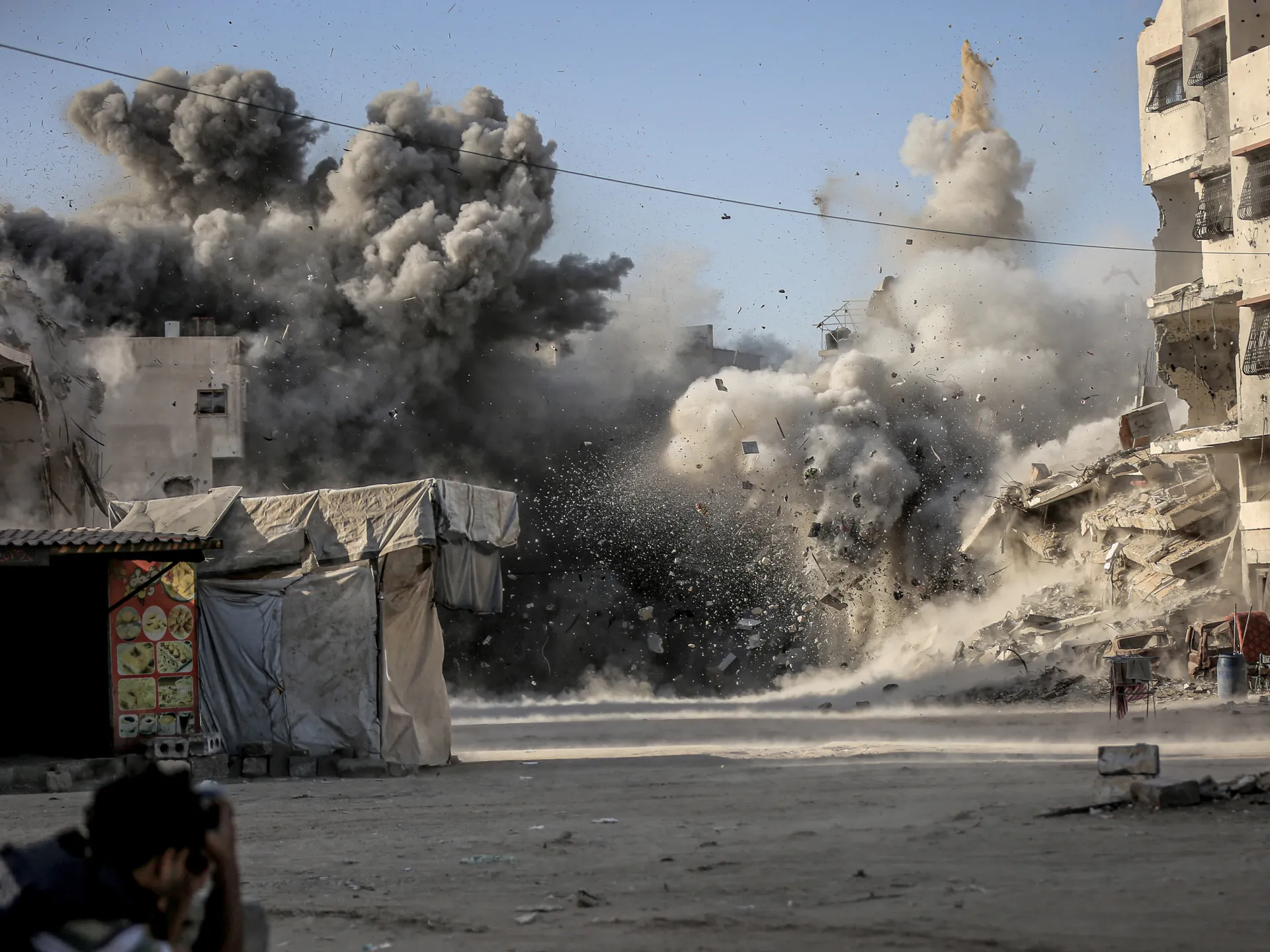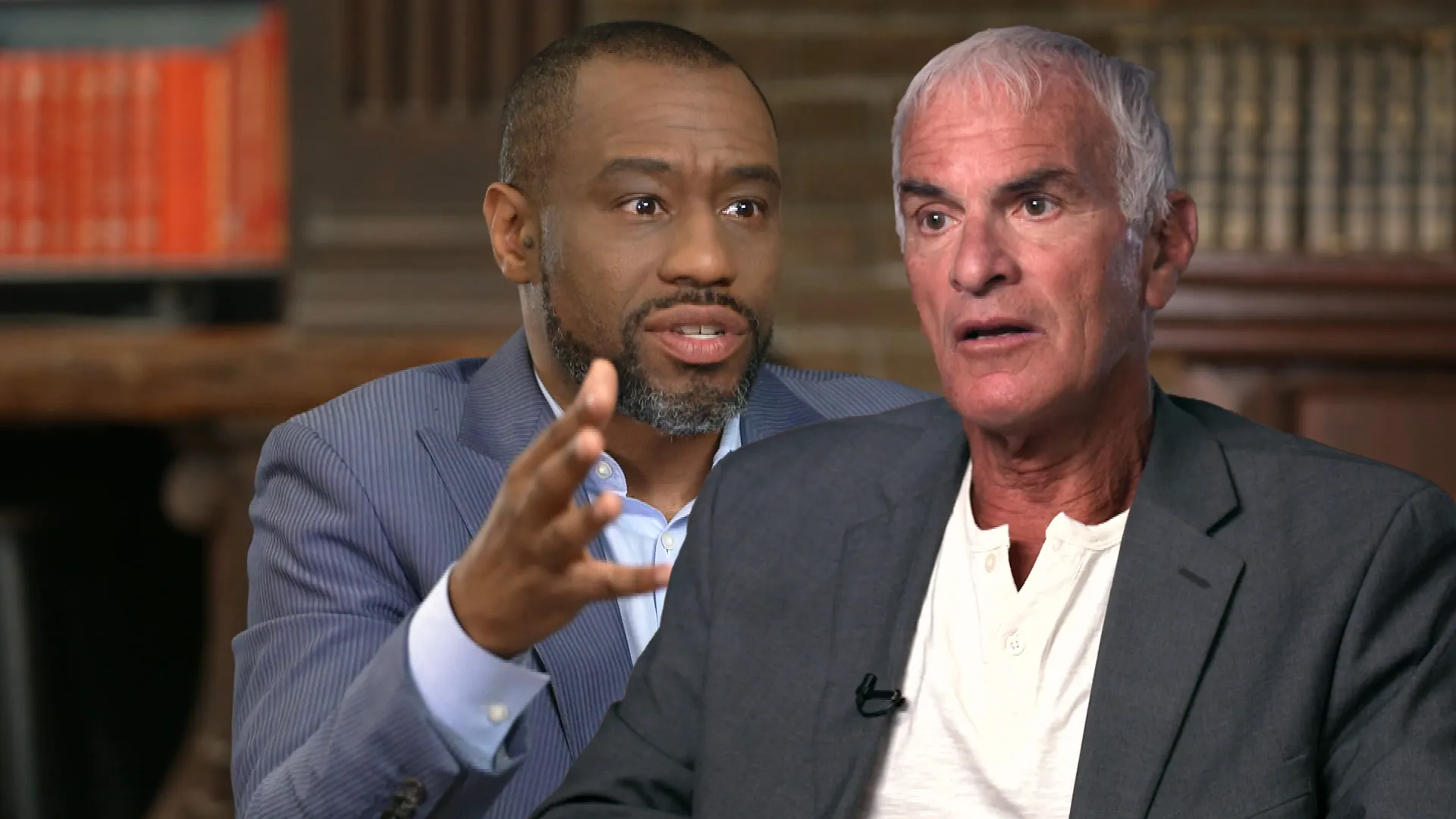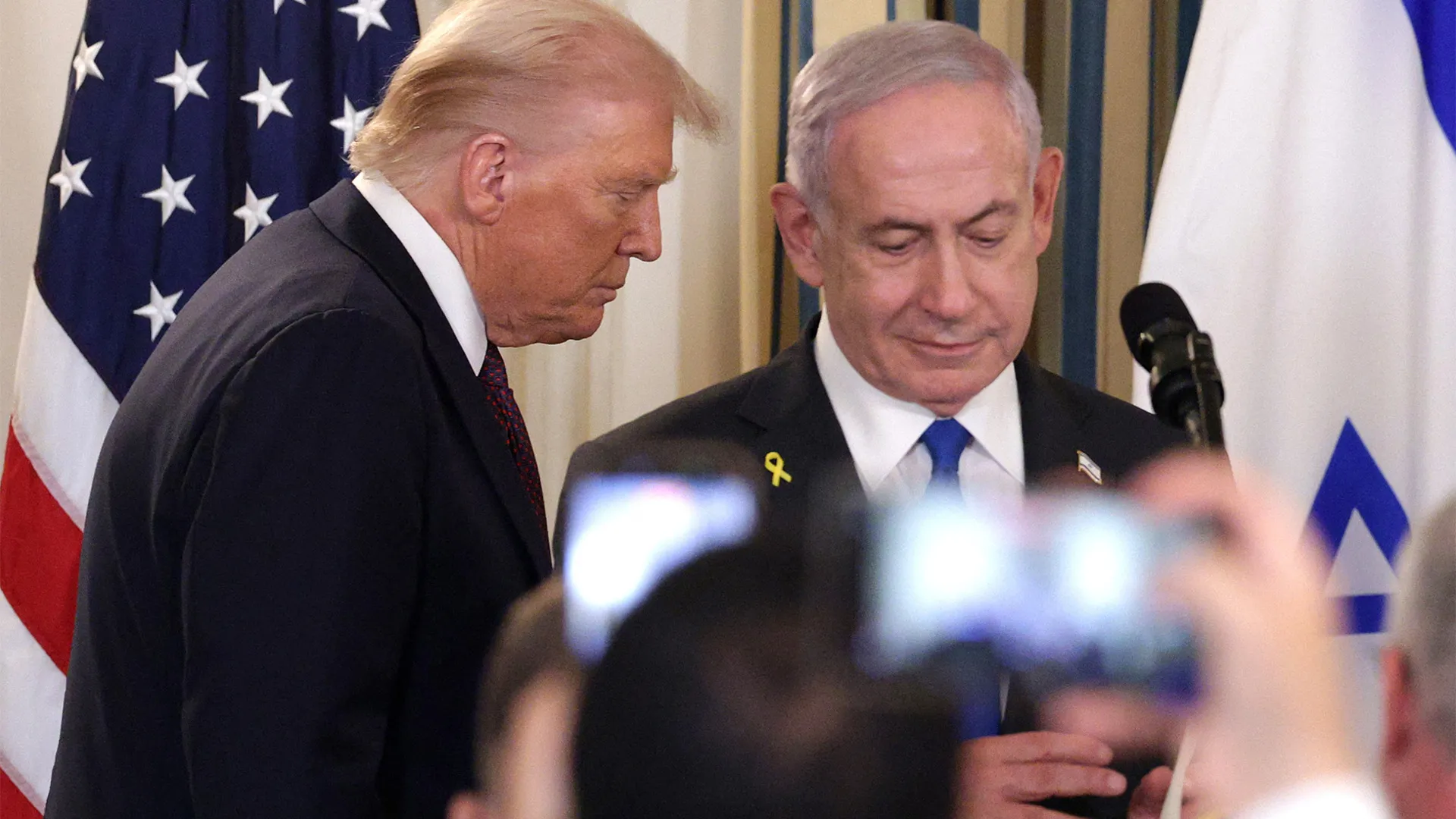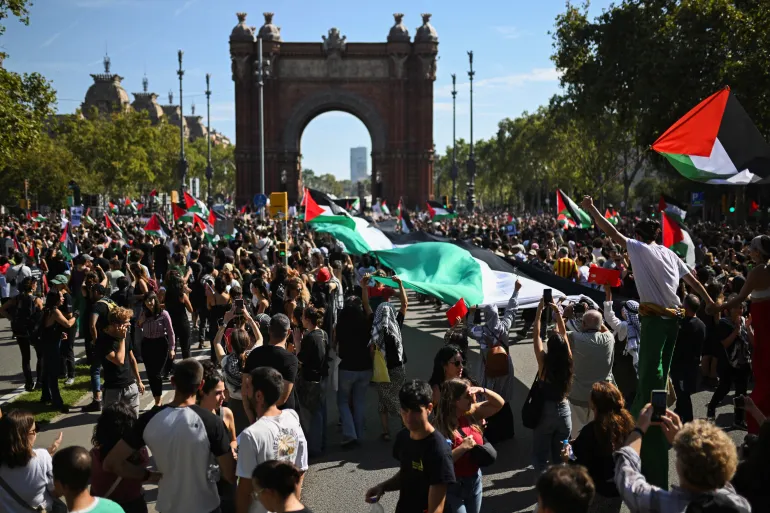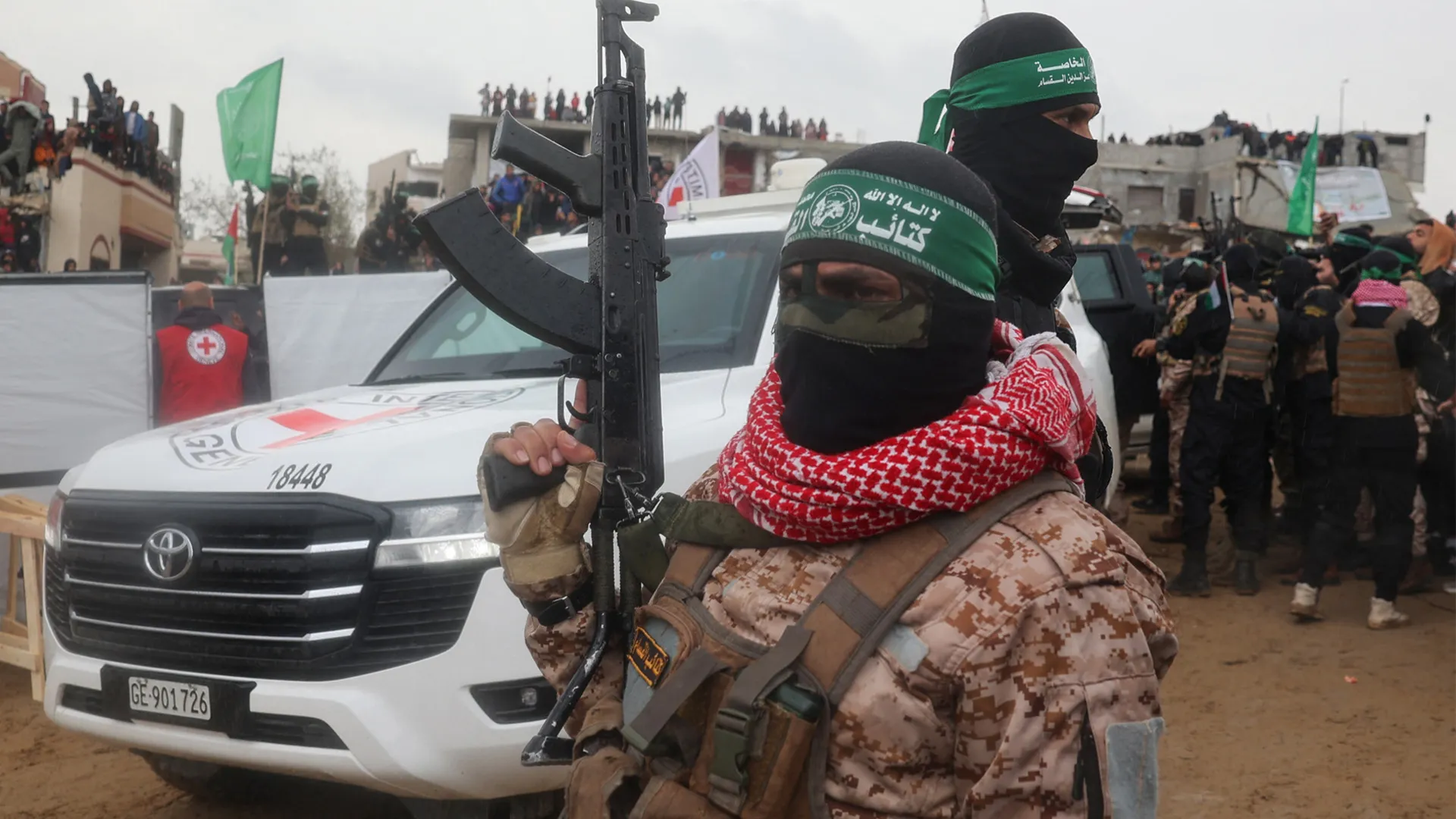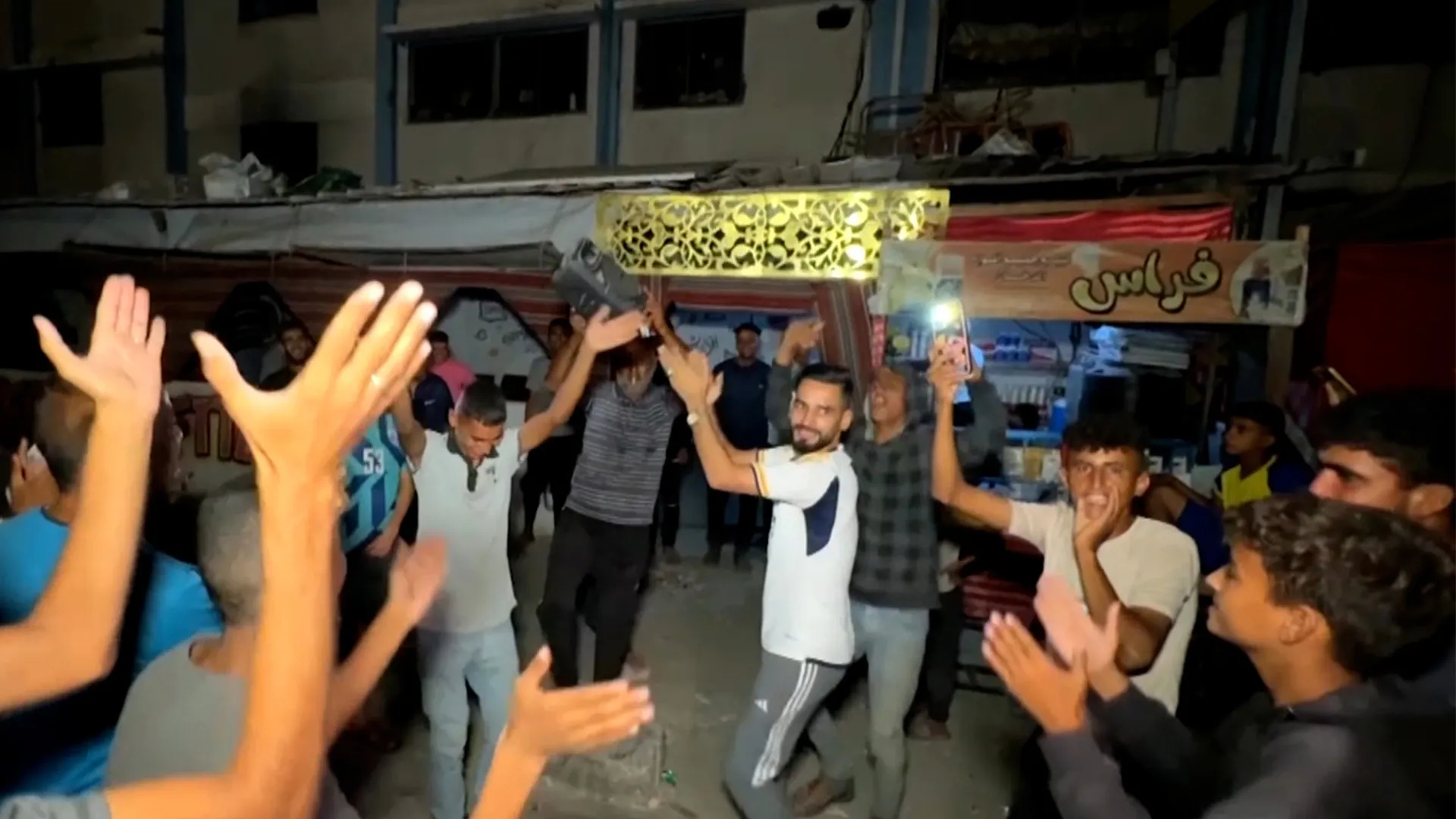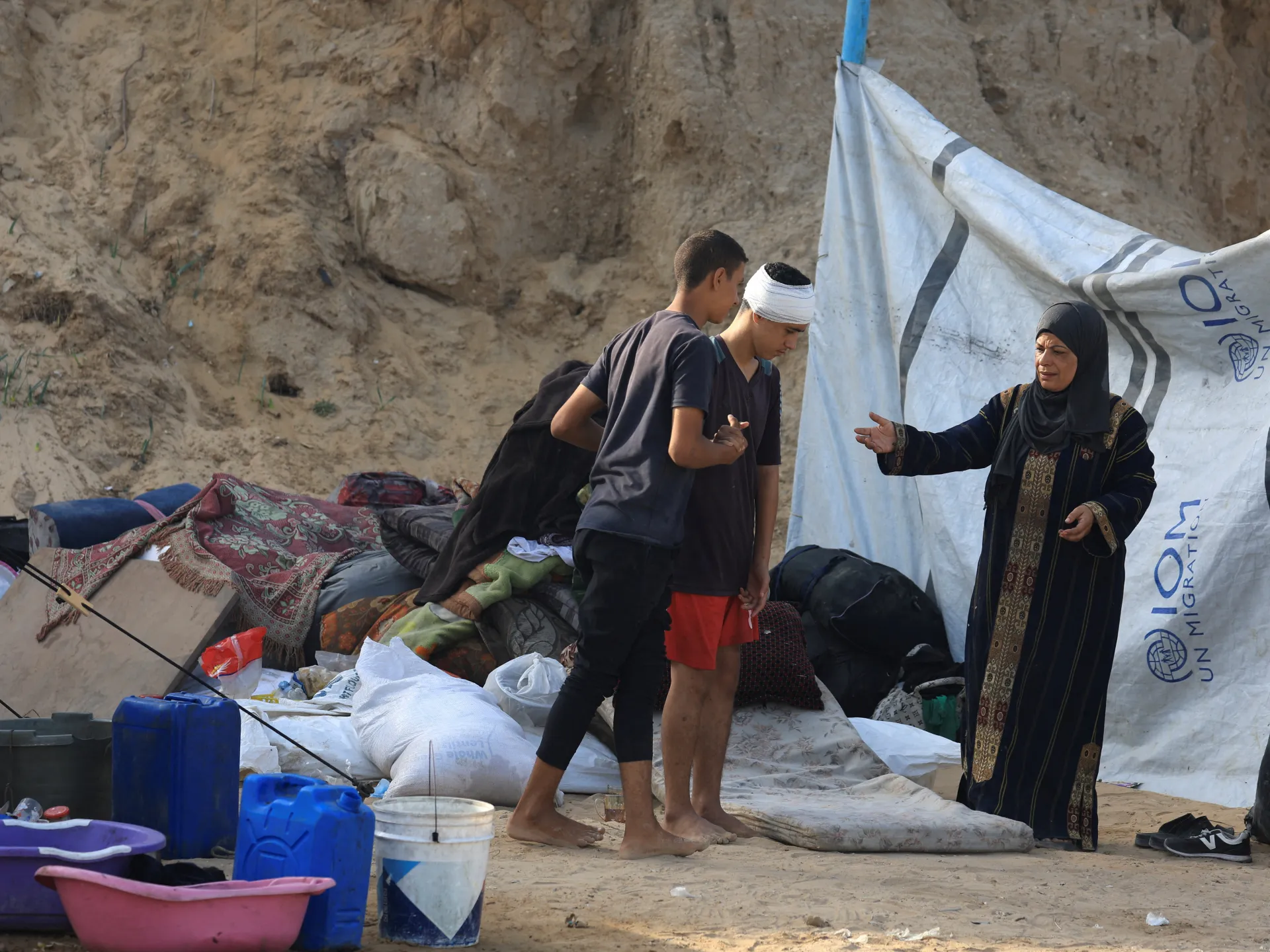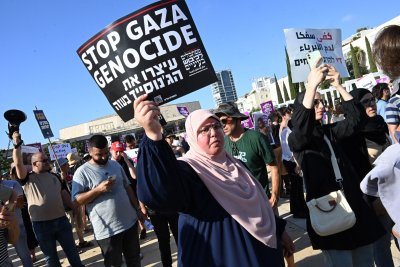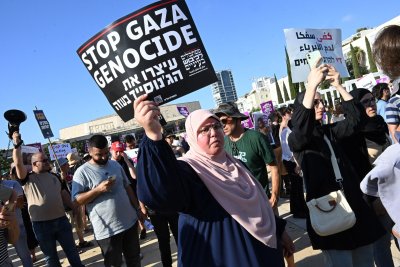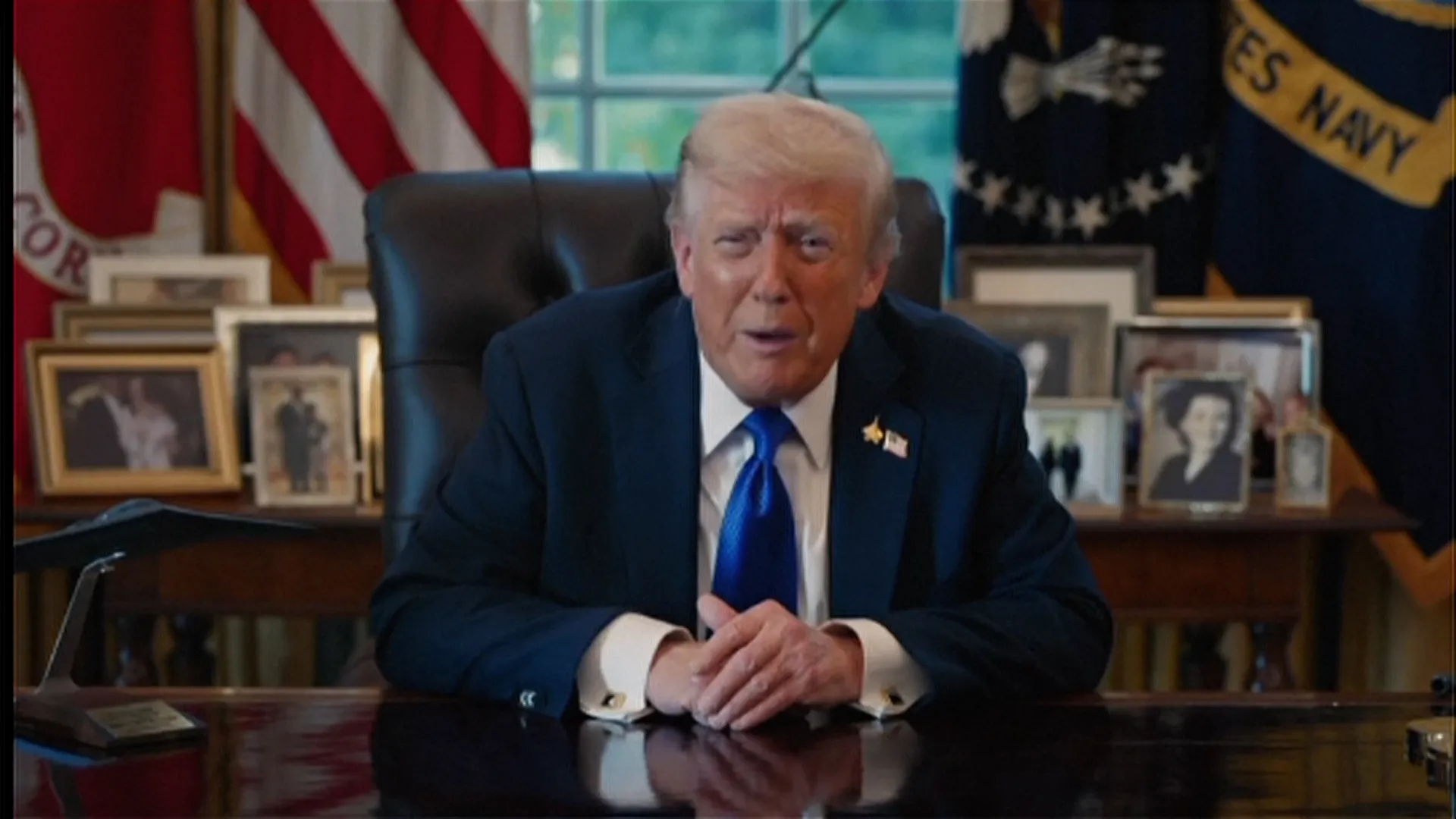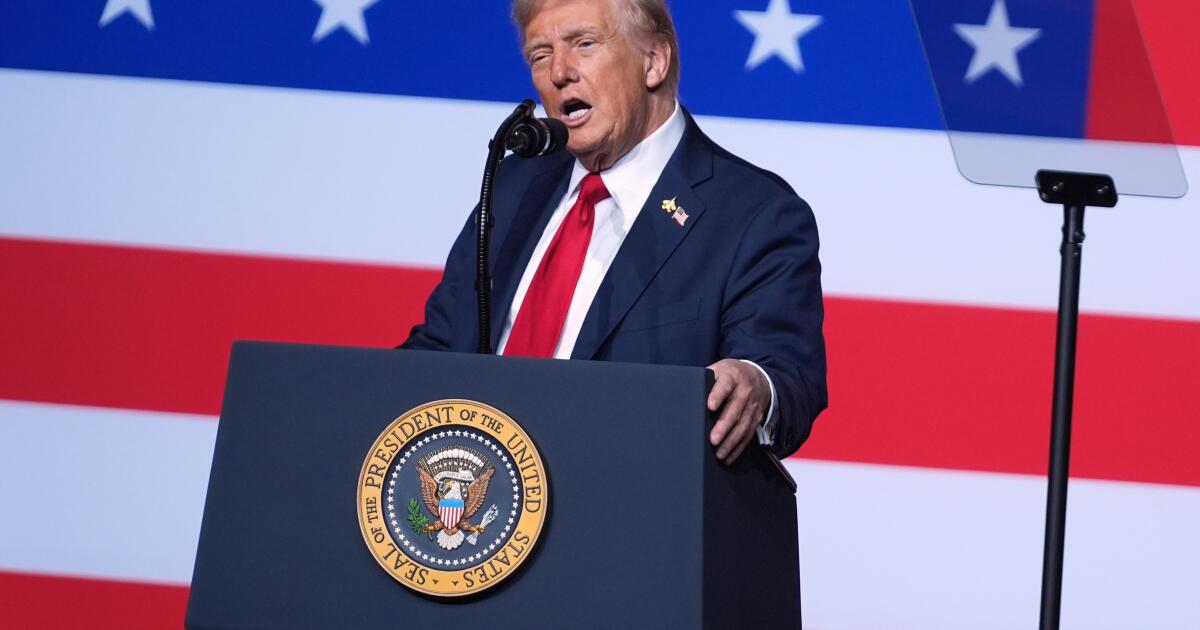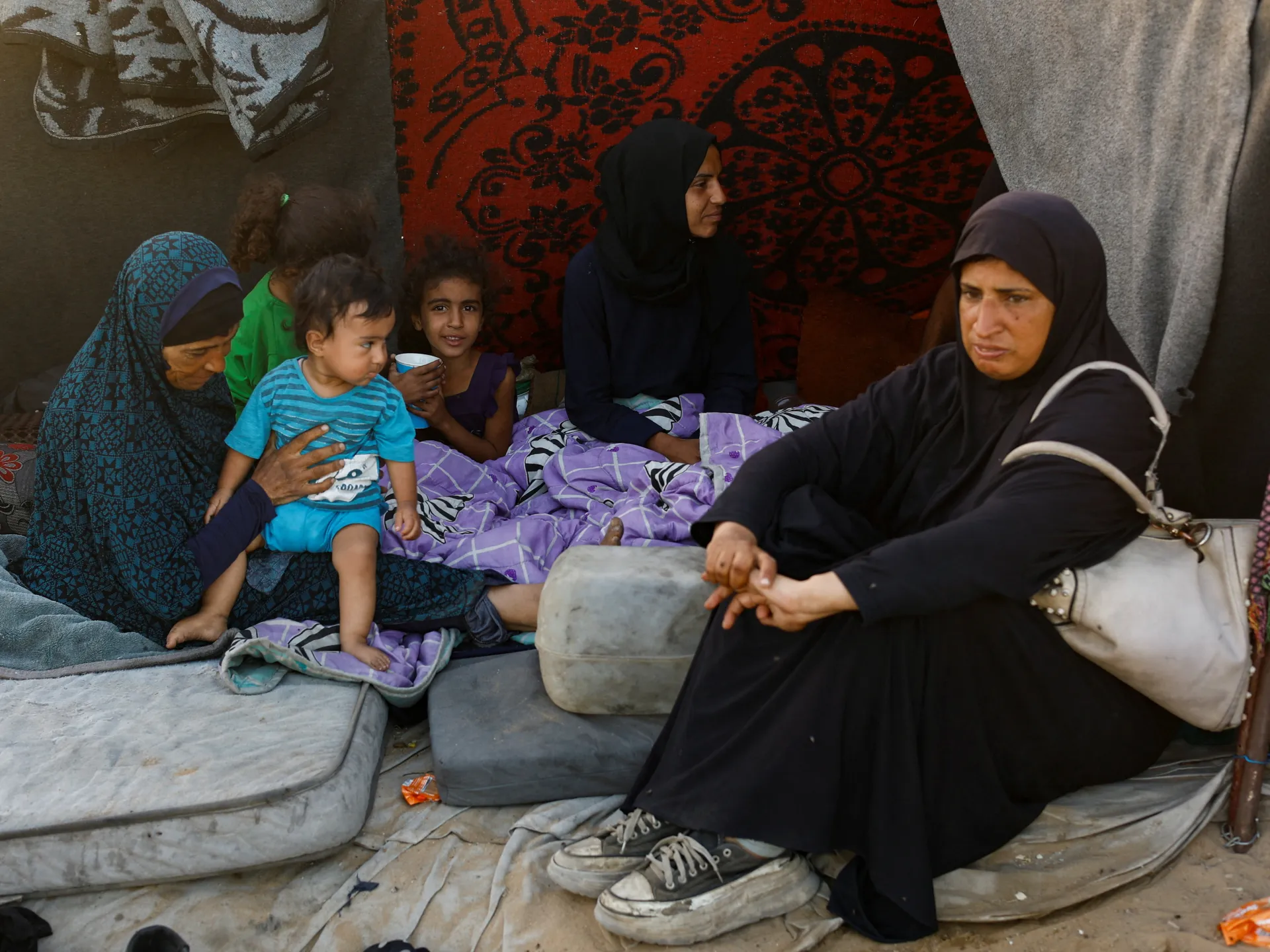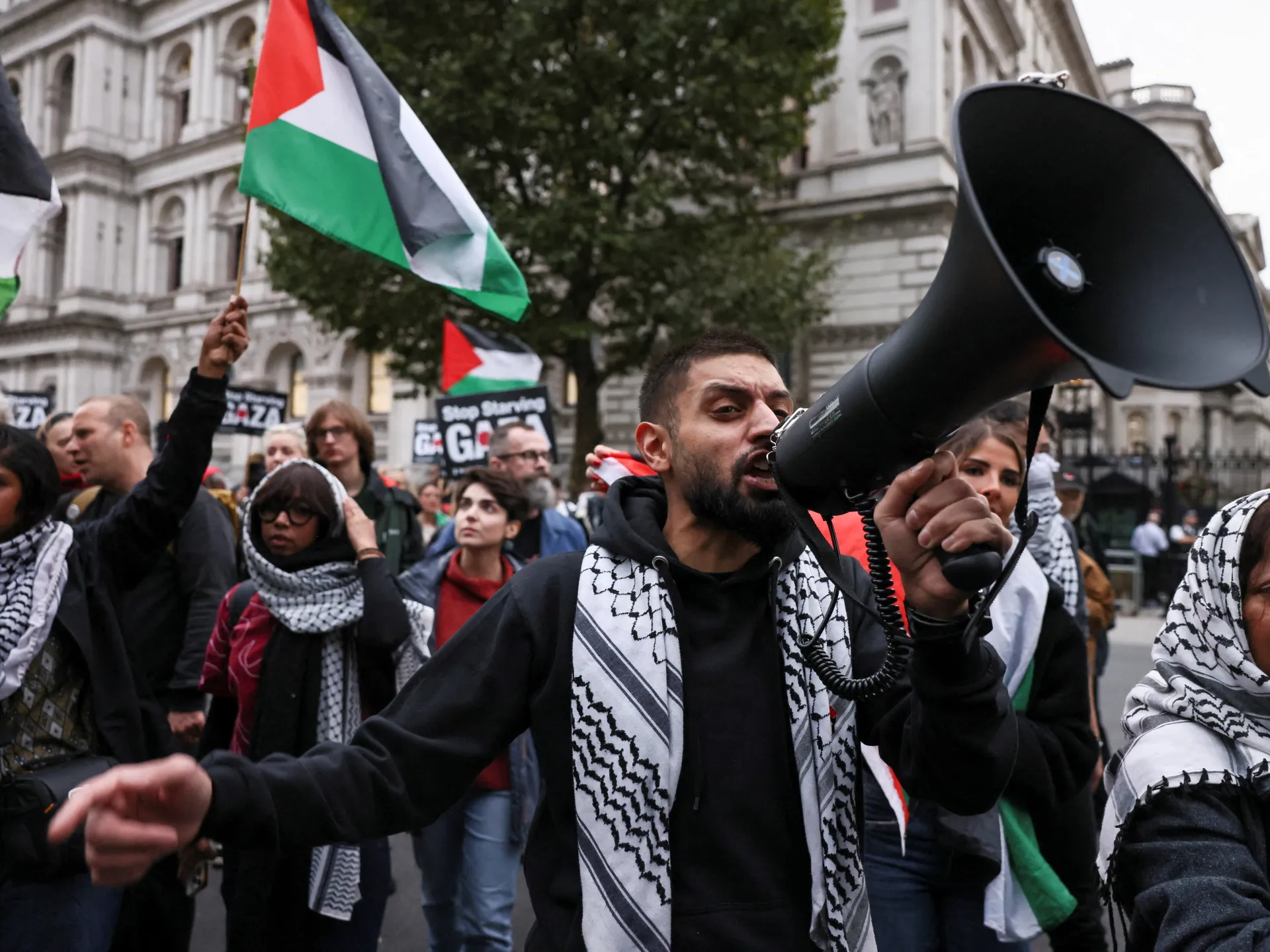To end the starvation in Gaza, bring back UNRWA | Israel-Palestine conflict
The United Nations agency for Palestinian refugees (UNRWA) was created in December 1949, almost two years after the UN voted for the partition of Palestine. It was, and still is, the only UN agency dedicated solely to one dispossessed population — the Palestinians.
In the decades following its creation, UNRWA was engaged in almost all aspects of Palestinian life — from food distribution to healthcare and education to utilities provision. Amid the genocide in Gaza, the agency was sidelined, and its operations were restricted under Israeli pressure.
Now, as a ceasefire is on the horizon, we need UNRWA to fully restore its work and help bring an end to the famine. It is the only organisation that has the capacity to distribute aid fairly and efficiently.
UNRWA has always been part of my family’s life. My parents, my siblings, and I studied in UNRWA’s schools, where we received free education under the supervision of dedicated teachers. We also relied on UNRWA’s food distributions many times, especially when my family experienced financial difficulties. In our childhood, we visited the agency’s clinics regularly for primary healthcare, vaccinations, and basic treatment. This service was always accessible, especially for those who could not afford private care.
After the outbreak of the Israeli genocide in Gaza on October 7, 2023, UNRWA continued to provide services as best it could. However, Israel, backed by its Western allies, launched a fierce campaign against the agency. In January 2024, the Israeli government claimed that some UNRWA staff members had been involved in the attacks; as a result, 19 employees were investigated, and some were dismissed.
These allegations gave the justification for Western donor countries to suspend their funding to UNRWA, including the United States and European Union member states. That severely impacted UNRWA’s resources at a time when two million people in Gaza almost fully depended on them.
After the ceasefire agreement was announced in January this year, the aid situation began to improve. UNRWA was able to resume aid distribution in an orderly and fair manner.
It had clear schedules and designated aid centres in each neighbourhood. To avoid chaos, each family had to register in advance using their ID number. They would get a message from UNRWA specifying the day and the exact hour they had to collect their parcels. When they arrived at the centre, their information would be checked by staff or volunteers to ensure that no one was skipped or received more than they deserved. Each family would receive a food parcel based on its size. This system gave Palestinians a sense of order in the middle of very difficult conditions.
Unfortunately, this situation did not last. On March 2, Israel blocked aid from entering the Strip, and on March 19, it resumed its genocide. Once again, people had to face displacement and unbearable conditions they thought they would never have to endure.
On April 25, UNRWA announced that its food supplies had run out. Since then, we have been enduring another severe famine. UNRWA, along with many humanitarian agencies, halted their aid operations, leaving over a million people to suffer from hunger and malnutrition.
A month later, the so-called Gaza Humanitarian Foundation (GHF) was created to take over aid distribution as a response to Israeli claims that aid was being stolen by Hamas.
Unlike UNRWA, GHF does not offer an organised system of distribution. Its aid sites are located in dangerous areas, and its process of handing over parcels is chaotic. There are no schedules, no registration, no fair distribution. Every day, a limited number of food parcels are just dumped in a fenced-off area, and people are allowed to rush in and get whatever they can. “Order” is enforced through live fire by Israeli soldiers or foreign mercenaries, who by now have killed more than 2,500 Palestinians seeking aid.
Apart from the deadly aid at GHF, Israel has allowed only a meagre amount of aid to enter Gaza; most of it has been looted before reaching its intended destination. In late July, it started allowing commercial trucks as well. All of the goods they carry go to merchants and are sold at exorbitant prices.
The famine has been relentless.
Every day, I see children in my neighbourhood rushing to get a bit of food from a takyah — a small soup kitchen run by a Palestinian charity. These local organisations usually buy the little food available in the local markets with donations from abroad. The meals are simple — rice, lentils, pasta, or soup. Families who are unable to afford food prices depend entirely on these meals.
Ironically, in August, many of the same countries that had suspended funding to UNRWA called for immediate action to end the famine in Gaza.
“Famine is unfolding before our eyes. Urgent action is needed now to halt and reverse starvation,” said a statement signed by the foreign ministers of 19 EU member states, along with Norway, Switzerland, the United Kingdom, Australia, Canada, and Japan.
Yet, by cutting funding to UNRWA and allowing Israel to devastate the agency, these countries deprived more than two million people of their basic right to food
If they are serious about ending the genocide and the starvation, they must restore their support for the very agency that was created to prevent such suffering and force Israel to allow it to fully restore its services.
UNRWA was always a lifeline for the people of Gaza. It was the only agency that gave us a sense of stability and hope in the middle of chaos. For us to survive this genocide and what comes after it, UNRWA would have to be refunded and protected. Allowing Israel to destroy it would be tantamount to allowing Palestinians to be wiped out.
The views expressed in this article are the author’s own and do not necessarily reflect Al Jazeera’s editorial stance.
